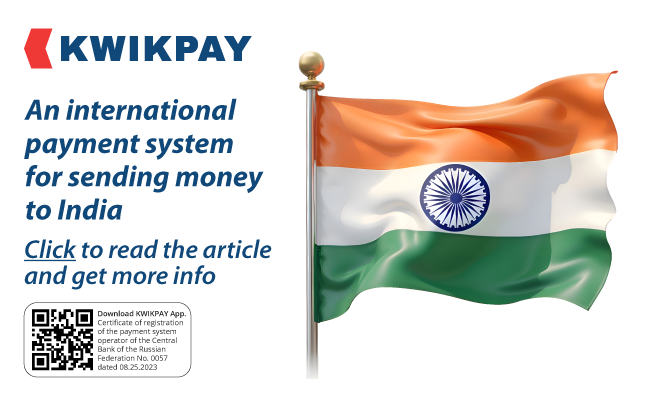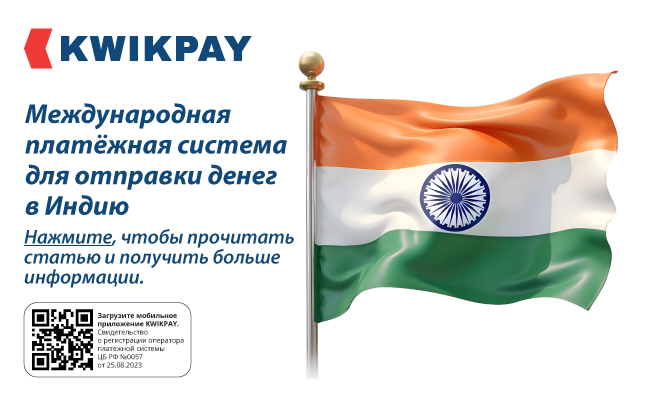






91-year-old Pushkaraj Sabharwal, father of Captain Sumeet Sabharwal, has expressed deep distrust towards the ongoing probe into the Air India AI171 tragedy, calling it “lacking in credibility and transparency.” He has filed a petition before the Supreme Court of India seeking a court-monitored investigation into the disaster that claimed the lives of 260 people, including 241 passengers.
The petition, jointly filed by Sabharwal and the Federation of Indian Pilots (FIP) on October 10, calls for the formation of a special “Court-Monitored Committee” to investigate the causes of the AI171 crash. It states that all earlier AAIB inquiries should be closed and the case materials transferred to a new independent body headed by a retired Supreme Court judge of India.
According to the petition, the first plea seeks the creation of a “Judicially Monitored Committee or Court of Inquiry” that would conduct a fair, transparent, and technically sound investigation into the crash of the Boeing 787‑8 Dreamliner (registration VT‑ANB), which occurred on June 12, 2025, in Ahmedabad.
The second plea requests that all previous investigations, including the AAIB’s preliminary report dated July 12, 2025, be considered closed and that all materials, data, and records be transferred to the new judicial body.
The petition emphasizes that the current probe suffers from “a lack of credibility and transparency.” Key objections include the absence of analysis of potential design flaws in the Boeing 787, questionable conclusions regarding fuel switch manipulation, and misplaced blame on the pilot. According to Sabharwal, by pursuing a narrative of pilot error, the AAIB compromised the independence and objectivity of the investigation and exposed India to potential international liability under ICAO Annex 13.
Pushkaraj Sabharwal had earlier written to the Civil Aviation Secretary and the Director General of AAIB, demanding a formal inquiry under Rule 12 of the Aircraft (Investigation of Accidents and Incidents) Rules, 2017. Under this rule, the central government may initiate a formal investigation into any accident involving an Indian-registered aircraft if deemed necessary.
The crash of the Air India Dreamliner shortly after takeoff from Ahmedabad on June 12 became one of the most devastating air disasters in India’s history, claiming all 260 lives on board.
In his letter dated August 29, Sabharwal said that selective leaks from the investigation had triggered false speculation that his son was under psychological distress or contemplating suicide. He added that such insinuations harmed his own health and tarnished the reputation of Captain Sabharwal, whose right to dignity and reputation is protected by Article 21 of the Indian Constitution.
Sabharwal also criticized the AAIB’s preliminary report dated July 12 as “superficial, inconsistent, and misleading.” According to him, the report failed to outline the factual sequence of events and instead offered insinuations on one side while absolving the manufacturers on the other. He further alleged that selective portions of the cockpit voice recorder and other investigation data had been improperly made public.
Dismissing claims about his son’s mental health, Sabharwal clarified that Captain Sabharwal had been divorced around 15 years ago, and the death of his mother, which occurred over three years earlier, had no impact on his professional performance. Following his mother’s passing, the captain successfully operated more than 100 flights without any incidents. In his 25-year flying career, he had no accidents or infractions and had logged nearly 15,640 flight hours, including 8,596 hours on the Boeing 787‑8. He also served as a Line Training Captain licensed by the DGCA.
The letter further states that the absence of a formal investigation under Rule 12, combined with selective media leaks, is “disturbing and detrimental,” infringing upon fundamental rights, including the right to the deceased pilot’s reputation.
According to the AAIB’s preliminary report, the fuel supply to both aircraft engines was cut off within less than one second, causing confusion in the cockpit moments after takeoff. The cockpit voice recording reportedly captured one pilot asking the other why he had cut off the fuel, to which the latter replied that he had not.
Following the release of the preliminary report, the AAIB urged restraint from drawing early conclusions, stating that the final report would determine the actual causes of the crash. The bureau also appealed to the public to refrain from spreading unverified information.